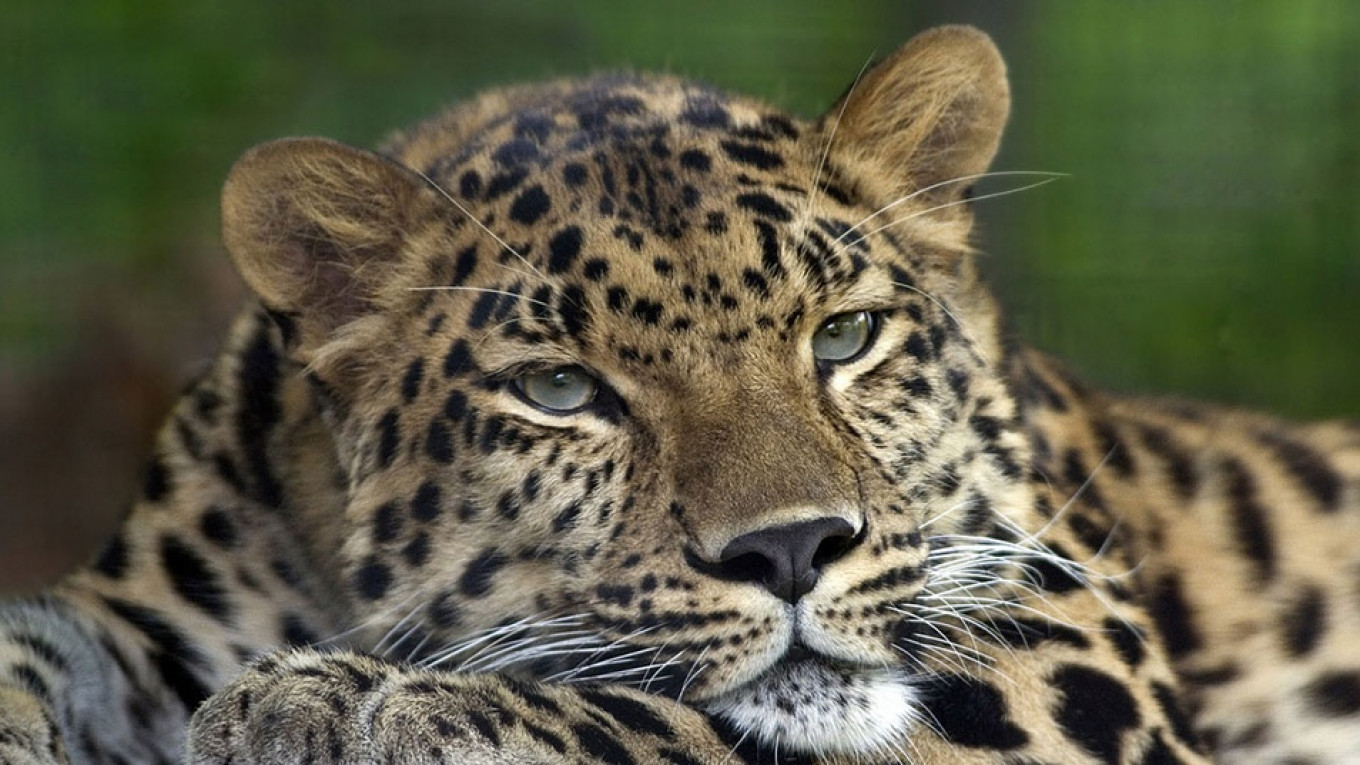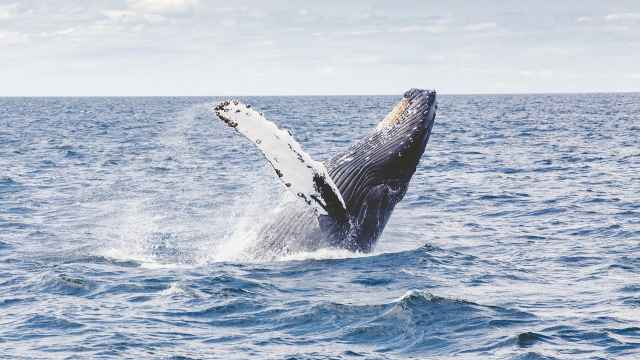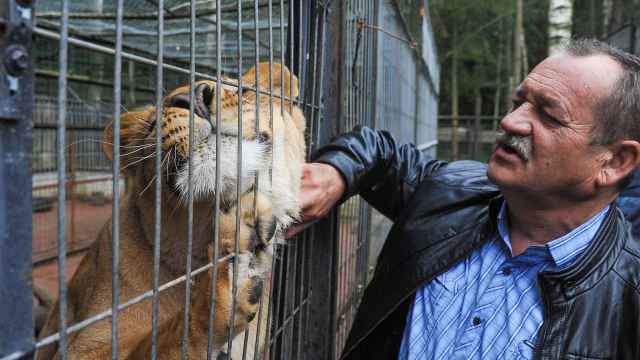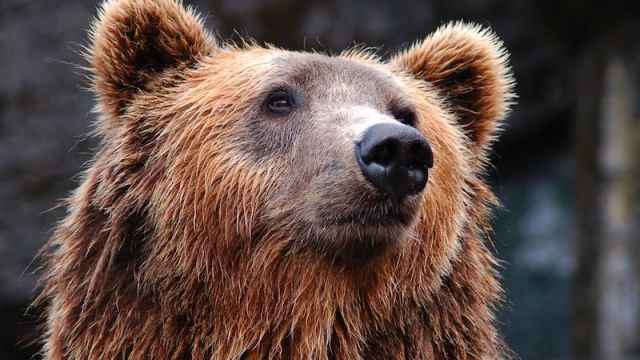Russia is coordinating efforts with China to monitor the population of a rare leopard that was on the brink of extinction in the late 1990s, according to a recent report on the results of conservation endeavors.
The wild Amur leopard subspecies is only known to reside in Russia’s Far Eastern Primorye region and northeast China’s Jilin province. The numbers of the solitary big cat dwindled to approximately 30 in the early 2000s before increasing to 70 in 2015 after international conservation efforts.
A team of scientists from Russia, China and the United States used cameras set up in the forests of Primorye and Jilin to report that the total population of the Amur leopard grew to 84 adults this year. Their findings were published in June in the Conservation Letters journal.
“This first rigorous estimate of the global population of the Amur leopard represents an excellent example of the value of international collaboration,” the report’s co-author Dale Miquelle wrote last week.
The researchers touted Chinese-Russian efforts, which include a coordinated transboundary monitoring agreement, as a “first step in building trust” for future conversations efforts and “a rarity anywhere in the world.”
“Today’s news is the most hopeful in many years for the sleek species and proof that concerted action can work to recover a seemingly lost wild species,” The Siberian Times wrote this spring, when the data from the Russian side of the border was first published.
A Message from The Moscow Times:
Dear readers,
We are facing unprecedented challenges. Russia's Prosecutor General's Office has designated The Moscow Times as an "undesirable" organization, criminalizing our work and putting our staff at risk of prosecution. This follows our earlier unjust labeling as a "foreign agent."
These actions are direct attempts to silence independent journalism in Russia. The authorities claim our work "discredits the decisions of the Russian leadership." We see things differently: we strive to provide accurate, unbiased reporting on Russia.
We, the journalists of The Moscow Times, refuse to be silenced. But to continue our work, we need your help.
Your support, no matter how small, makes a world of difference. If you can, please support us monthly starting from just $2. It's quick to set up, and every contribution makes a significant impact.
By supporting The Moscow Times, you're defending open, independent journalism in the face of repression. Thank you for standing with us.
Remind me later.







